Low desire, declining child, loneliness, lower society, parent dwarf ... Japan behind the hot words is really "no solution"?
Author:Shanghai translation Time:2022.07.29

On July 8th, former Japanese Prime Minister Shinzo Abe was shot in the ancient capital Nara and died. What shocked many media was that Japan was originally considered to be one of the countries with the lowest crime rate of guns. After World War II, Japanese firearms were very strict, and rarely had prime minister -level senior officials assassinated. Although the gun is not completely banned, the number of shots in Japan is usually less than 10.
With a thunderbolt, the assassination incident of dignitaries is often the "barometer" of the degree of tear in Japanese society. After the Abe's shooting incident, the disorder of Japanese society has attracted attention again.
1
From "desire society" to "low desire society"
In the mid -1950s to the early 1970s, it was a period of high -speed development of the Japanese economy. During this period, the economy took off and created various "Japanese miracles". With a stable economic development, Japan's international competitiveness has increased rapidly. In the 1980s, Britain became the world's largest overseas debt country, and ascended the position of the world's second largest economy.

Economic growth has brought about the rise in financial assets and real estate prices, and the wealth effect that comes with the sharp expansion of assets has also prompted the people's consumption desire to continue to expand. Strong purchasing power is not only reflected in the people, but also on the corporate level. Objects are not limited to Japan.
In the 1980s and 1990s, Mitsubishi Company purchased the US National Symbol of Lockefeller Center, Sony, Japan acquired the American entertainment giant Columbia Film Company. Nearly half of the real estate rights in the central area of Los Angeles belonged to the Japanese, and more than 96 % of foreign investment in Hawaii European luxury stores from Japan, France, Italy are full of Japanese tourists, and "buying and buying" has become a consumer image of Japan at this stage.
With the growth of the Japanese economy, Japanese citizens are full of confidence in the future and believe that "Japan is the center of the future world economy." At that time, a group of European and American scholars also turned their attention to Japan to study Japan's successful experience.
Japanese economist Yoshiko Yoshio described the confidence of the Japanese at that time, saying that Japanese students who went to Europe and the United States in the 1980s disdain to communicate with others. They believe that "it will be the era of Japan in the future."
The ideas of "Japan First" and "Japan No poor", as an ideological myth, deeply implanted in the hearts of Japanese nationals throughout the 1980s.
If "Japan is the center of the future world economy", "Tokyo will become the financial center of Asia." Under this expectation, the Tokyo real estate market has been heating up since the early 1980s, and it is even more crazy in the late 1980s. In the capital area, do not say that the unique house is also the level of apartment prices rose to the unbearable level of civilians.
In 1989, the New York Times reported a news that made Americans be in contemplation: the Japanese capital "Tokyo Empire Square", a small square mileland land, its market value is about 42 square kilometers of California, and the entire land price in Tokyo, Japan, Japan's entire land price It has exceeded the value of 9.3 million square kilometers in the United States.
The New York Times has therefore questioned the Americans: Who won World War II?
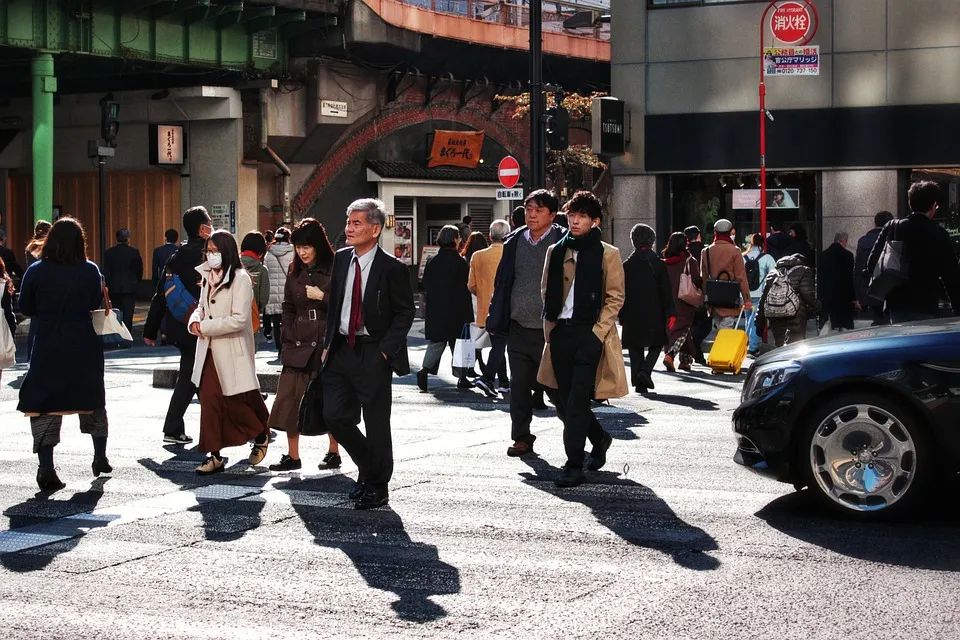
However, under the prosperity of this kind of fire and flowers like flowers, the Japanese government settled the adjustment key. In order to suppress the overheating economy, in 1989, the Bank of Japan raised interest rates three times to tighten the monetary policy, and the Japanese stock market bubble broke.
On December 29, 1989, the 225 index of the Nikkei reached a historical high of 38957 points, and turned around. After more than thirty years, he never returned to this high.
After the economic bubble was shattered, the Japanese economy continued to be sluggish and was called "lost 20 years", which caused people under the age of 40 to have awareness of the world, and they caught up with Japan's "lost 20 years".
Since the sensation, it has been full of restlessness in the future. Salary has always been frozen and decreased. Therefore, it has not been out of the house, does not consume, does not get married and has children, and minimizes the risk of life. This has become the basic personality of the Japanese generation.
It is difficult for them to imagine the optimistic argument of "Japan's first" that year, experience the serious economic crisis once or twice, and hold doubts about the judgment of Japanese economic recovery. It is difficult to ignite confidence and enthusiasm.
Since the Edo period, companies have pursued the "lifelong employment system". After the war, Panasonic took the lead in carrying forward this system and was sought after by other companies. After the 1950s, the Japanese economy grew sharply at high speed, and labor shortage was a long -term economic background. In order to maintain the sustainable development of the company, Japanese companies consciously or unconsciously formed this stable employment habits.
However, in the era of economic downturn, young people have become a victim of this system, because companies will not release new positions through layoffs, resulting in young people without new jobs. This phenomenon is also one of the important reasons for young people's "low desires".

At the same time, the situation of capital theory in Japanese society is also very serious. It is difficult for young people to enter the lead even if they enter large companies. This is why the younger generation reluctant to work hard to work hard.
At this time, no matter how the price is reduced, consumption cannot be stimulated, the bank credit interest rate has been lowered, and the number of people buying still decreases year by year; most people are unwilling to bear the risk of housing loans or failure to start a business.
The well -known Japanese management scientist wrote a "Low Desire Society", the subtitle is "Lost of the Big Shi". He lamented in this book: Japan has fallen into a "low desire society".
Daqianyan wrote in "Low Desire Society": "The whole world is in the socialization of low desires', and Japan is welcoming the decline of beauty." A series of film and television works that reveal the "low desire" atmosphere are also born. , "Unsurdotable Jade", "Setanland Sea", "Love of 100 yuan", etc., has become a cultural carrier reflecting such social phenomena.
From the perspective of social and economic development, the "low desire" society is difficult to be called a health phenomenon. It will even impact the entire industrial chain like a Domino card, causing the society to fall into crisis.
2
Low desire Japan's "national difficulties": declining childization and aging
Due to the disappointment of society and the pursuit of "personality" in the new generation of Japan, they no longer repeat the traditional life paradigm of "entering good universities, entering first -class enterprises, and living stable life".
Many young people choose a life with a personality, engage in the work they want to do, attach importance to interest, like to act alone, want to act according to their own rhythm, and do not want to worry about the opinions of people around; young people are unwilling to get married and give birth. Essence This has led to a serious problem of aging aging in Japan, known as the "national difficulties" in Japan, which is also the biggest manifestation of the "low desire" society.
Stills of "Not asking for advanced jade"
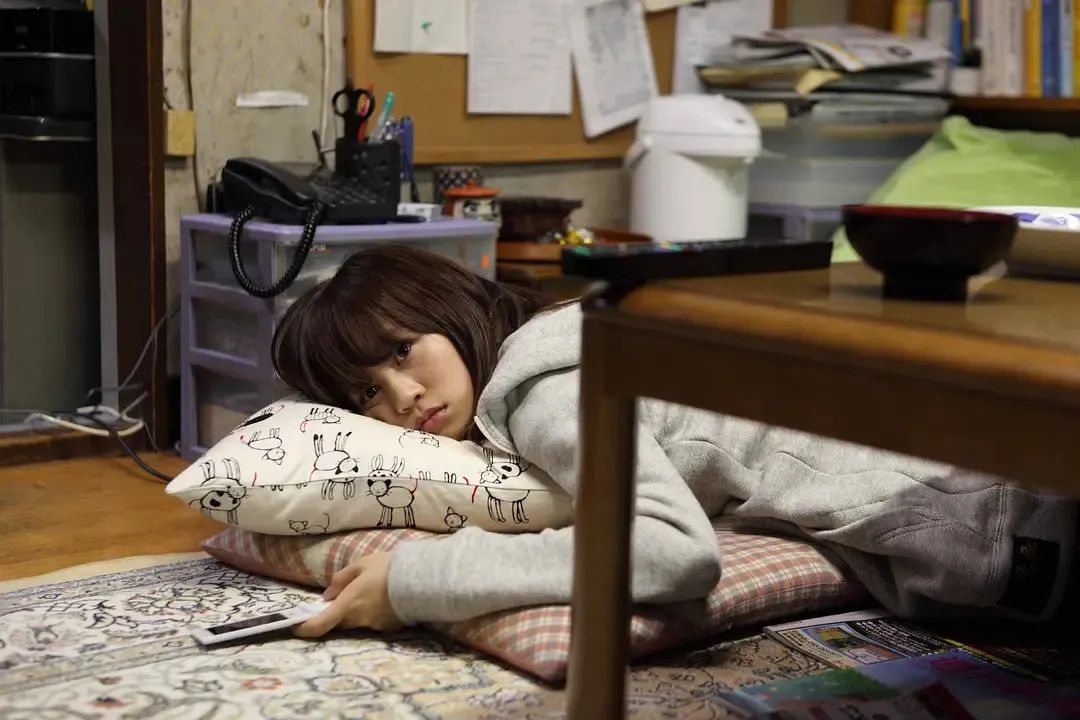
Little childization is a social phenomenon common to many developed western countries, but the phenomenon of declining childization in Japan is particularly severe. In 2021, the total number of births in Japan was 842,897, and the minimum birth population was refreshed for six consecutive years, which was also the lowest post -war.
The most direct impact of declining childization is the decrease in the total population and labor age of Japan. Especially in the field of agriculture, architecture and nursing, the phenomenon of lack of manpower is very obvious. The reduction in labor has restricted the expansion of Japanese companies, and also limited the continuation of social consumption power. At the same time, young childhood is also related to social security systems such as pensions, medical care, and nursing.
In an interview with the Japanese "Asahi Shimbun" on July 5th, the Japanese historian Ben Murakami said: "In history, the countries and nations with a small number of people will not achieve prosperity." "Century Crisis" is because Japan's declining childization and decrease in population scale are accelerating.
The so -called "three century crisis" is based on the history of the Roman Empire. In the middle of the second century AD, the Roman Empire suffered a large -scale plague in the middle of the second century, and only two -thirds of the population survived in the end. It is annihilated under the pinch of various social crisis.
Hand in hand with young children, there is also the problem of aging in Japan.
September 20th is the annual respect for the elderly in Japan. According to data from the General Affairs of Japan in 2021, Japan's 65 -year -old population reached 36.4 million, accounting for 29.1%of Japan's total population. It is the world's "oldest" country.
According to statistics from Japan's High School of Labor and Welfare, the elderly population will increase to 35 million by 2025. In addition, according to the investigation report of the "Future Population Forecast" Institute of the National Social Security Population of Japan, by 2040, the total population of Japan is expected to be 1072.8 million; by 2050, the total population will fall below the 100 million mark, about 97 million People are 30%lower than now.
The aging of the young son not only leads to serious consequences such as Japan's labor shortage, low consumption, tight consumption, tightening, and lag in local cities. Its social resources and financial resources are increasingly overwhelmed. With the aging of young children, the supply and demand of Japan's labor and demand has changed significantly, and the number of elderly people engaged in employment has increased significantly.

At the same time, the death of loneliness is also becoming an increasingly serious phenomenon of Japanese aging society. "Lonely death" refers to an incident that died due to sudden diseases and other reasons without any care. The problem of "loneliness" is common in the elderly living alone.
The main reason for the severe problem of "loneliness to death" in the elderly alone is that as the aging aging intensifies, the family structure tends to be simplified, and the family's connection has decreased, which has led to the "lonely death" of the elderly living alone.
In the next 30 years, although the Japanese government has taken active response measures, the aging aging has not been fundamentally resolved.
The long 30 -year economic downturn process has also increased the class gap between the Japanese society, and the midstream class has gradually disappeared. All aspects have declined. The younger generation of values and consumption concepts have changed significantly, and the attention of self -and lazy lifestyles is highly respected.
Japanese writer Miura Exhibition described the "lower society" in his best -selling book "Society of Society": "The younger generation is facing the difficulties of inauguration, and it is easy to have a job, and overtime has become a commonplace. It is really miserable. Faced with competition and pressure in occupations, marriage, many people would rather be unhappy with their career and family's "mainstay", and willingly attribute themselves to the "lower society". "
There is a survey of 1,000 young employees in the Japanese capital circle, "Want to want to be a crowd", and the results show that 12% of them want to be out of place, and 28.8% think that it is best to be ahead. And 15.8%of people are completely unhappy.

Therefore, the generation of Pingcheng generation in Japan is known as the "grass food department" generation. The ambitions of young people are crushed by reality. They are only satisfied with the so -called "little good luck" -although bland, there is a stable career and a low -cost life. Products. Young people in Japan do not dare to have extravagance in the future.
3
Abe's economics for ten years, and he died
The accidental death of the political leader always pushes Japan to the crossroads of destiny.
Some economic stimulus policies "Abe Economics" promoted by Abe in 2012 have also recently attracted attention and discussion.
After the bubble economy collapsed, the Japanese economy was deeply trapped in a non -ideal development trend. The continuous low -speed growth of GDP, or even negative growth, has crushed the confidence and expectations of Japan's economic recovery as it is destroyed.
The birth of "Abe's Economics" was born, at that time, Japan was like a long drought Ganlin.
This is another effort that Japan has tried to re -stimulate economic vitality since the 1990s, and it is also the most ambitious economic reform policy in Japan since the new century.
At the beginning of his office, Abe proposed three major policies: bold financial policies, flexible fiscal policies, and economic growth strategies centered on private investment. Subsequently, the new three "arrows" were proposed: the powerful economy that gave birth to hope, the childcare support support for dreaming, and the social security of peace of mind.
He personally arranged several capabilities for each person to be responsible for one field, and he mainly promoted monetary policy, aiming to solve the problem of long -term stagnation of economy in the tightness of the economy to regain the Japanese economy.
Abe's "fierce medicine" is very urgent. For the Japanese economy in 2013, it has shown a good momentum. From the perspective of the Japanese government at the time, all this was largely attributed to "Abe Economics".
However, for a long time, the Japanese economy has not completely got rid of the three low situations of "low interest rates, low inflation and low growth", but the Japanese government's debt burden has risen.
A survey report shows that from 2014 to 2019, "Abe Economics" has driven the stock market and the real estate market to rise sharply. However, the wealth of wealthy families with the top 10%of the assets has increased, but the assets of ordinary families have shrunk by 3.5%. In the same year, "Parent Gacha" became a "hot word" for young people in Japan, and metaphorically Japan was already a society that was born in a family background.
In the perspective of Professor Fujii, a professor of psychology in Japan, this reflects that the class solidification in Japanese society has been serious in recent years, and it is difficult for young people to break through reality even if they work hard.
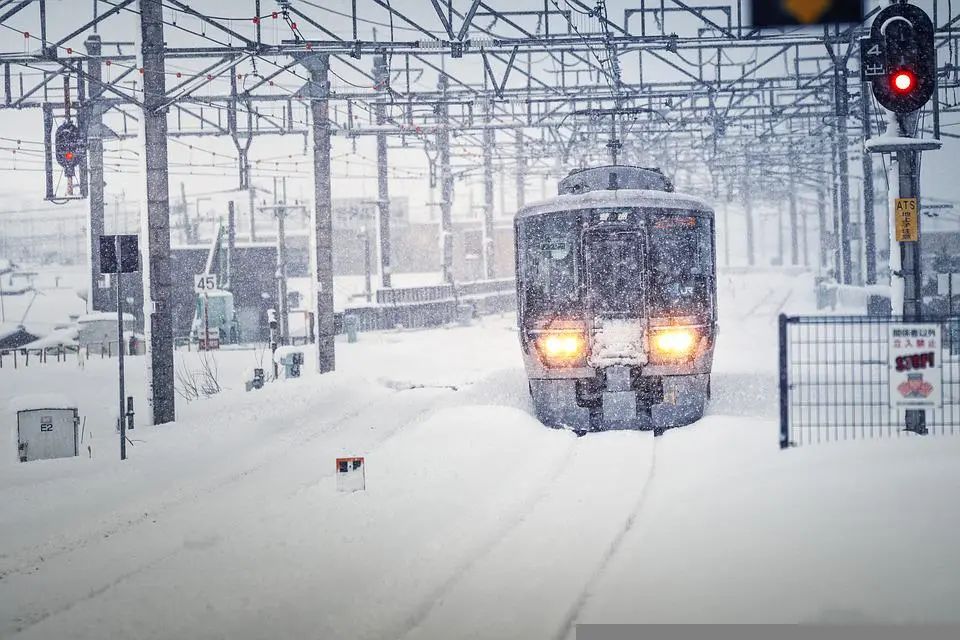
The arrangement of Abe's economics on labor has further exacerbated the hope of young people in Japan for the future. After several reforms, Japanese companies began to use informal employees in large quantities, reaching 40%of the labor population during its peak. When encountering an economic crisis, the company can dismiss the informal employees at will, causing informal employees to fall into trouble immediately.
This may be that after Abe suffered a shooting, many young Japanese did not have the main reason why he had sympathy for him.
In "Low Desire Society", the author's former Research One believes that the problem is on the think tank of Anti Prime Minister, and the members of these think tanks are introduced to the US economy into Japan. Obviously, they will be completely used in the 20th century macroeconomic policies such as financial policies and fiscal stimulus policies they have learned in the United States when they are young.
The essence of these policies is to regulate the economy by regulating the amount of currency issuance and interest rates, but they have not fundamentally solved the problem.
From the perspective of Daqian Research, the biggest difference between Japan and the United States is that American citizens have strong desires. As long as you put a lot of funds to the market or reduce interest rates, the economy will improve immediately. In Japan, regardless of policies, nationals do not buy it. It can be seen that the low desire of the people can indeed be regarded as the culprit of the downturn in Japan.
In 2021, the statistics of tramps nationwide announced by the Japanese government were 3824 people, and 40 % of stray men who lived on the road for more than 10 years on the road. The "home" is located under the bridge pier and next to the park, and it is hidden in a busy city with a meager income. The blue wood of the mountains under Mount Fuji, the forests cover the sky, many people have not come out after despairing.
Stills of the Movie "Shan Shan Festival"
Because there is no money for the elderly, more and more Japanese elderly people have regarded prison as "pension paradise" through crimes. What's even more strange is that even if these elderly people are released from prison, they often repeat crimes and continue to squat in prison.
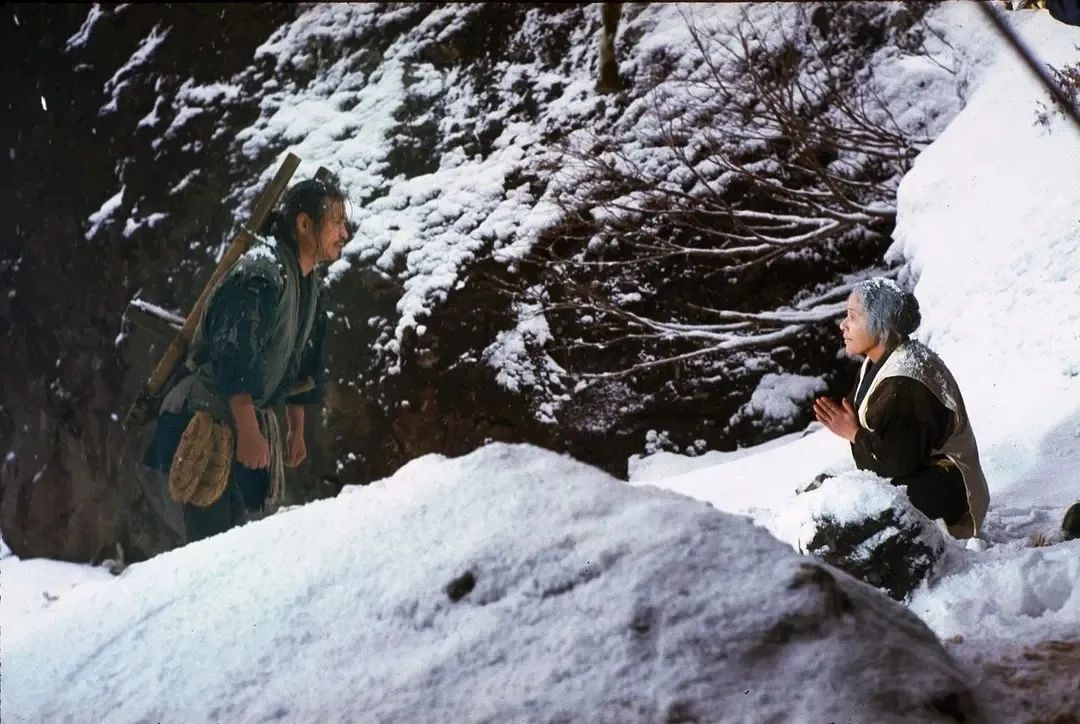
The confusion spreads in this country, facing the taunt, and does not refute. They compare themselves to "sinking giants". They have no desire or dare not dare to experience the Japanese citizens who have experienced more than Mi Nuo. After all, the deposit of pensions from the age of 30 may be the most secure and stable lifestyle of young Japanese today.
- END -
Differentiated to pseudo -existence, good at studying the doctoral studio of the Criminal Investigation Detachment of the Changsha Public Security Bureau published a forensic thesis in international publications
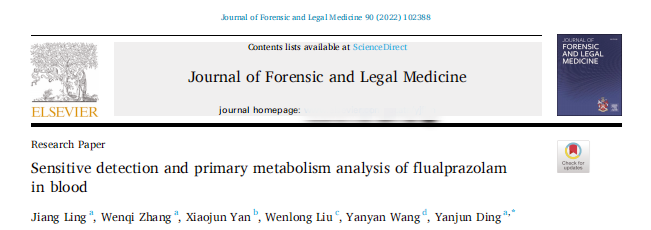
On June 10, Liu Wenlong, a member of the Criminal Investigation Detachment of the ...
The Provincial Development and Reform Commission compiles "Compilation of Guizhou Provincial Enterprise Policy Policy"

Recently, the Provincial Development and Reform Commission has compiled the Compil...